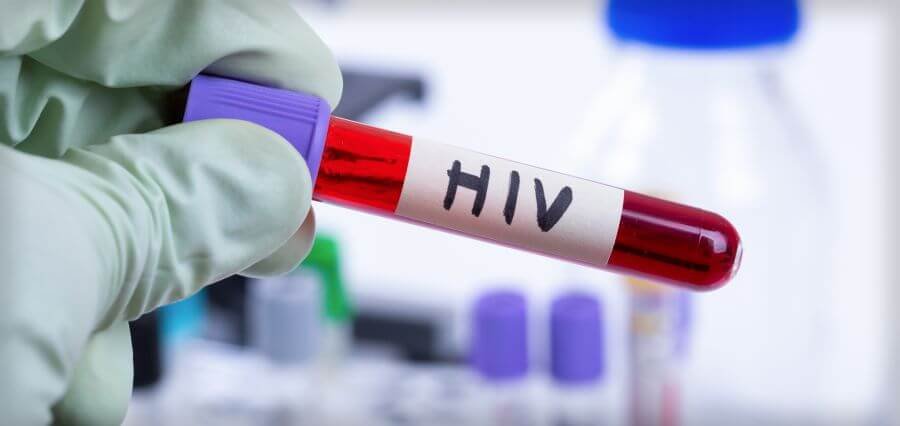Prime Highlights:
HIV infections could increase by over six times by 2029 if U.S. funding for HIV/AIDS programs is reduced, potentially resulting in 8.7 million new infections and 6.3 million AIDS-related deaths.
U.S. funding accounts for about 90% of HIV programs in countries like Uganda, Mozambique, and Tanzania, where the loss of this funding could cripple efforts to control the epidemic.
Key Background:
The Executive Director of UNAIDS, Winnie Byanyima, has issued a stark warning that the global HIV/AIDS crisis could dramatically worsen if U.S. funding for HIV programs is reduced. In an interview with The Associated Press, Byanyima emphasized that the number of new HIV infections could rise by more than six times by 2029, potentially leading to 8.7 million new infections, a tenfold increase in AIDS-related deaths, and 3.4 million additional orphans. This alarming projection follows the decision by U.S. President Donald Trump to freeze all foreign assistance for 90 days, a move that has already led to significant disruptions in HIV programs across Africa.
While HIV infections have decreased in recent years, with new cases dropping to 1.3 million in 2023, the U.S. freeze threatens to reverse this progress. Byanyima expressed concern that such a drastic funding cut would result in a surge of new infections, deaths, and the development of more resistant strains of the virus. She pointed to the immediate consequences of this funding freeze, including the dismissal of over 550 HIV workers in Kenya and the termination of thousands of other workers in Ethiopia, leaving health officials unable to manage the epidemic effectively.
Byanyima underscored that U.S. funding plays a pivotal role in global HIV efforts, particularly in countries like Uganda, Mozambique, and Tanzania, where external funding—primarily from the U.S.—supports up to 90% of HIV programs. The loss of this funding at a time when new prevention tools like lenacapavir, a highly effective HIV prevention shot, are being introduced, further complicates the situation. The drug, developed by the American company Gilead, has shown remarkable efficacy and could significantly reduce HIV transmission if widely deployed.
UNAIDS has appealed for the U.S. to reconsider its position, highlighting that foreign assistance represents less than 1% of the U.S. budget and that the disruption could have severe global health and economic consequences. Despite no current commitment from other countries to fill the funding gap, Byanyima remains hopeful that European leaders may step in. However, she stressed that without immediate intervention, millions of lives could be lost.










